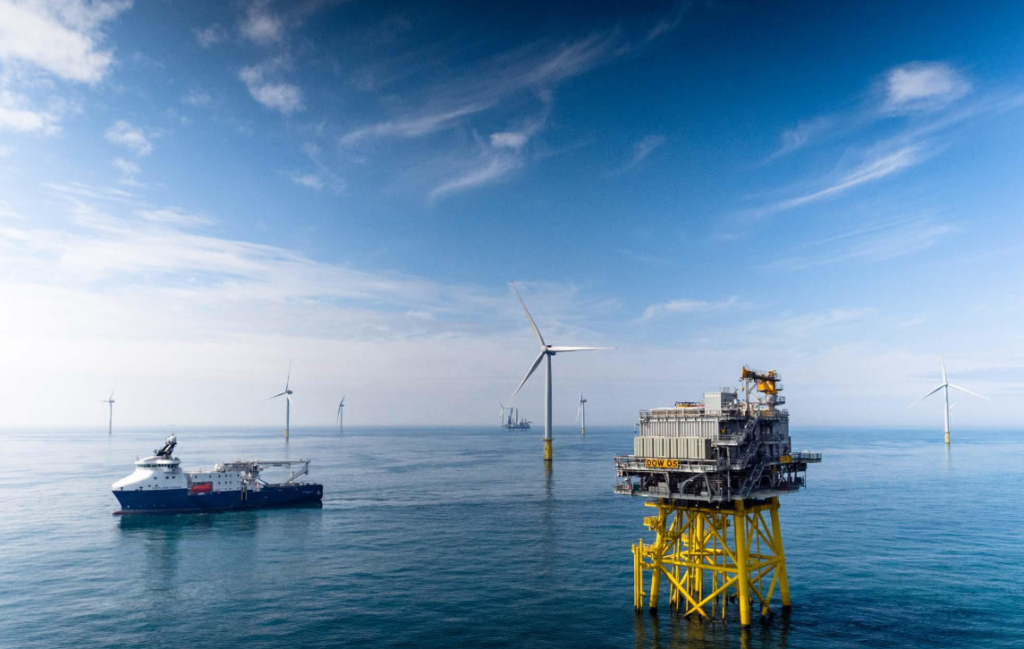
The Oil and Gas Authority (OGA) is assessing how it can change regulations to make low-carbon solutions like hydrogen, platform electrification and CCUS more viable.
A study by the regulator into the UKCS Energy Transition is currently underway, with the first phase highlighting five options to reduce emissions in the UK North Sea.
Platform electrification, carbon capture use and storage (CCUS) and hydrogen were classed as “UKCS-wide” solutions, while Gas-to-Wire was more “niche” and “energy hubs” would be placed on natural or artificial islands and onshore sites.
“Phase 2” of the project is currently underway assessing which regulatory barriers need to be overcome as well as developing scenarios to make the technologies more commercial.
The work is expected to be completed in the second quarter of next year with a full report to follow.
Within that, the regulator will conduct an “economic and regulatory assessment to identify barriers, opportunities and quick-wins”.
The OGA said the study comes as part of its bid to support the North Sea’s energy transition and helping meet the UK government’s net zero emissions targets by 2050.
Chief executive Andy Samuel said: “The energy transition and the UK’s drive to net zero requires the oil and gas industry to embrace energy efficient operations, whilst supporting the growth of CCS, offshore renewables, and hydrogen. Our report highlights the wide range and combination of solutions that can play a part, in line with the Committee for Climate Change’s recommendations.
“Phase II is well underway, focusing on regulatory and economic aspects and we look forward to working closely with industry and government in enabling action through 2020 ahead of COP 26.”
The OGA said the study is being supported by a £1million grant from the Department for Business, Energy and Industrial Strategy.
The regulator has appointed accountancy firm EY to support delivery of phase two of the project.
Phase 1 was completed by consultancy Lloyd’s Register.
LR’s Energy Integration expert, Ali Kerlogue, said: “As an industry, the approach we’re taking in developing sustainable energy sources has made significant strides in the last 12 to 18 months.
“The OGA’s report identifies the solutions that will help drive the transition to an energy mix that embraces renewable sources using existing oil and gas infrastructure, the concepts of which can be used anywhere in the world not just the UKCS.”
Recommended for you

